Oranges, the juicy and vibrant citrus fruits that are a staple in many households around the world, are not only delicious but also packed with nutrients that benefit our health in numerous ways. While oranges are commonly associated with Western countries, they have a rich history in Asian cultures as well. In this article, we will explore the wonderful world of oranges in Asian cuisine and why you should consider adding them to your diet. Oranges are believed to have originated in Southeast Asia and were later spread to other parts of Asia, such as China and Japan, through trade routes. In many Asian countries, oranges are not only enjoyed for their sweet and tangy flavor but also valued for their various health benefits. Asian cuisines often incorporate oranges in both savory and sweet dishes, showcasing the versatility of this vibrant fruit. One of the most popular ways to enjoy oranges in Asian cuisine is in the form of a refreshing juice.

.
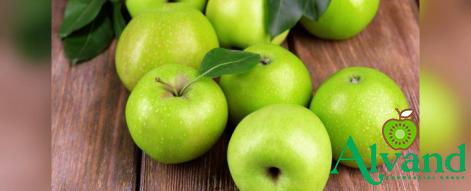 Freshly squeezed orange juice is a common beverage in many Asian countries, especially in tropical regions where oranges are abundant. The sweet and tangy taste of orange juice is not only a delicious thirst-quencher but also a great source of vitamin C, which is essential for maintaining a healthy immune system. Oranges are also commonly used in Asian salads and desserts to add a burst of citrus flavor. In China, oranges are often included in fruit salads along with other exotic fruits like lychee and dragon fruit. The combination of sweet and tangy flavors creates a refreshing and light dish that is perfect for hot summer days. In Japan, oranges are a popular ingredient in traditional desserts such as orange jelly or orange sorbet, where their natural sweetness and vibrant color shine through. Aside from their culinary uses, oranges have long been valued in Asian traditional medicine for their medicinal properties. Oranges are rich in antioxidants, which help protect the body from harmful free radicals and reduce inflammation. The high vitamin C content in oranges also promotes healthy skin and boosts collagen production, keeping your skin looking youthful and radiant. In traditional Chinese medicine, oranges are believed to have a cooling effect on the body, making them a popular remedy for fevers and sore throats. Orange peel, in particular, is often used in herbal medicine to aid digestion and relieve bloating. The aromatic oils found in orange peel have a calming effect on the stomach and can help alleviate nausea and indigestion. The health benefits of oranges extend beyond their nutritional value. The essential oils found in orange peels have been shown to have mood-boosting properties, promoting a sense of relaxation and well-being.
Freshly squeezed orange juice is a common beverage in many Asian countries, especially in tropical regions where oranges are abundant. The sweet and tangy taste of orange juice is not only a delicious thirst-quencher but also a great source of vitamin C, which is essential for maintaining a healthy immune system. Oranges are also commonly used in Asian salads and desserts to add a burst of citrus flavor. In China, oranges are often included in fruit salads along with other exotic fruits like lychee and dragon fruit. The combination of sweet and tangy flavors creates a refreshing and light dish that is perfect for hot summer days. In Japan, oranges are a popular ingredient in traditional desserts such as orange jelly or orange sorbet, where their natural sweetness and vibrant color shine through. Aside from their culinary uses, oranges have long been valued in Asian traditional medicine for their medicinal properties. Oranges are rich in antioxidants, which help protect the body from harmful free radicals and reduce inflammation. The high vitamin C content in oranges also promotes healthy skin and boosts collagen production, keeping your skin looking youthful and radiant. In traditional Chinese medicine, oranges are believed to have a cooling effect on the body, making them a popular remedy for fevers and sore throats. Orange peel, in particular, is often used in herbal medicine to aid digestion and relieve bloating. The aromatic oils found in orange peel have a calming effect on the stomach and can help alleviate nausea and indigestion. The health benefits of oranges extend beyond their nutritional value. The essential oils found in orange peels have been shown to have mood-boosting properties, promoting a sense of relaxation and well-being.
..
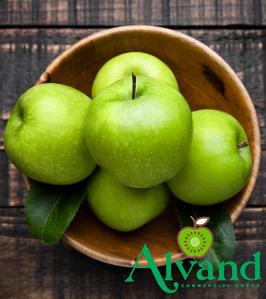 In aromatherapy, orange oil is often used in diffusers to create a warm and uplifting atmosphere that can help reduce stress and anxiety. When choosing oranges, look for fruits that are firm, heavy for their size, and free of blemishes. Oranges should feel plump and have a smooth, glossy skin, indicating that they are ripe and juicy. To extract the most juice from an orange, roll it firmly on a flat surface before cutting and squeezing. Whether you enjoy oranges fresh, juiced, or cooked into a delicious dish, incorporating them into your diet can offer a myriad of health benefits. From boosting your immune system to promoting healthy skin and digestion, the humble orange is a versatile fruit that deserves a place in your kitchen. So the next time you’re at the market, pick up a few juicy oranges and explore the vibrant flavors of Asian cuisine with this delightful fruit. Your taste buds and your body will thank you! Additionally, oranges play a significant cultural role in many Asian traditions and celebrations. In China, oranges are a symbol of good luck and prosperity, especially during the Chinese New Year. Oranges are often exchanged as gifts or displayed in homes and businesses to bring good fortune and positive energy for the coming year. The bright color of oranges is believed to attract wealth and success, making them a popular fruit to include in festive decorations and traditional rituals. In Japan, oranges are also associated with positive symbolism and are often eaten during celebrations and special occasions. The act of sharing oranges with friends and family is a gesture of friendship and goodwill, symbolizing unity and happiness. Oranges are considered a fruit of abundance and generosity, embodying the spirit of sharing and togetherness in Japanese culture. In India, oranges are revered for their spiritual significance and are offered as a sacred fruit in religious ceremonies and rituals. Oranges are associated with purity and fertility, and their vibrant color is believed to represent the powerful energy of the sun. The sweet and refreshing taste of oranges is considered a gift from nature, connecting people to the divine and nourishing both body and soul. The versatility of oranges in Asian cuisine is truly remarkable, as they can be incorporated into a wide range of dishes to enhance both flavor and nutritional value. From savory stir-fries to zesty salads and decadent desserts, oranges bring a burst of citrusy goodness to any meal. For a healthy and flavorful twist on a classic dish, try adding fresh orange segments to a grilled chicken salad.
In aromatherapy, orange oil is often used in diffusers to create a warm and uplifting atmosphere that can help reduce stress and anxiety. When choosing oranges, look for fruits that are firm, heavy for their size, and free of blemishes. Oranges should feel plump and have a smooth, glossy skin, indicating that they are ripe and juicy. To extract the most juice from an orange, roll it firmly on a flat surface before cutting and squeezing. Whether you enjoy oranges fresh, juiced, or cooked into a delicious dish, incorporating them into your diet can offer a myriad of health benefits. From boosting your immune system to promoting healthy skin and digestion, the humble orange is a versatile fruit that deserves a place in your kitchen. So the next time you’re at the market, pick up a few juicy oranges and explore the vibrant flavors of Asian cuisine with this delightful fruit. Your taste buds and your body will thank you! Additionally, oranges play a significant cultural role in many Asian traditions and celebrations. In China, oranges are a symbol of good luck and prosperity, especially during the Chinese New Year. Oranges are often exchanged as gifts or displayed in homes and businesses to bring good fortune and positive energy for the coming year. The bright color of oranges is believed to attract wealth and success, making them a popular fruit to include in festive decorations and traditional rituals. In Japan, oranges are also associated with positive symbolism and are often eaten during celebrations and special occasions. The act of sharing oranges with friends and family is a gesture of friendship and goodwill, symbolizing unity and happiness. Oranges are considered a fruit of abundance and generosity, embodying the spirit of sharing and togetherness in Japanese culture. In India, oranges are revered for their spiritual significance and are offered as a sacred fruit in religious ceremonies and rituals. Oranges are associated with purity and fertility, and their vibrant color is believed to represent the powerful energy of the sun. The sweet and refreshing taste of oranges is considered a gift from nature, connecting people to the divine and nourishing both body and soul. The versatility of oranges in Asian cuisine is truly remarkable, as they can be incorporated into a wide range of dishes to enhance both flavor and nutritional value. From savory stir-fries to zesty salads and decadent desserts, oranges bring a burst of citrusy goodness to any meal. For a healthy and flavorful twist on a classic dish, try adding fresh orange segments to a grilled chicken salad.
…
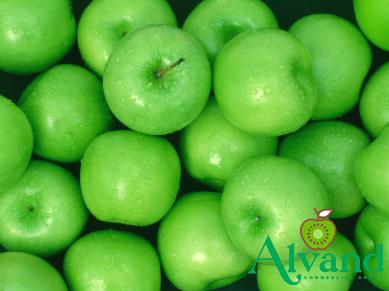 The combination of juicy oranges, tender chicken, and crisp greens creates a harmonious balance of flavors and textures that is sure to delight your taste buds. Drizzle with a light vinaigrette made with orange juice, olive oil, and a touch of honey for a refreshing and satisfying meal. If you have a sweet tooth, indulge in a delicious orange and almond cake that showcases the natural sweetness and fragrant aroma of oranges. This moist and flavorful cake is infused with orange zest and juice, creating a citrusy masterpiece that is perfect for any occasion. Serve with a dollop of whipped cream and a sprinkle of toasted almonds for an elegant and indulgent dessert that will impress your guests. In conclusion, oranges are not just a fruit but a cultural icon in many Asian countries, symbolizing prosperity, positivity, and vitality. Their vibrant color, refreshing taste, and numerous health benefits make them a beloved ingredient in Asian cuisine and traditional medicine. Whether you enjoy them fresh, juiced, or cooked into a delicious dish, oranges are a versatile fruit that can brighten up your day and nourish your body and soul. So next time you’re looking for a healthy and flavorful addition to your meals, consider reaching for an orange. With their rich history, cultural significance, and delightful flavor, oranges are a fruit that truly offers a taste of Asian tradition and vitality. Embrace the citrusy goodness of oranges and let their vibrant energy uplift your senses and enhance your well-being. With every juicy bite, savor the essence of Asian cuisine and the abundance of nature’s gifts. Let oranges be your companion on a journey of health, happiness, and delicious culinary delights.
The combination of juicy oranges, tender chicken, and crisp greens creates a harmonious balance of flavors and textures that is sure to delight your taste buds. Drizzle with a light vinaigrette made with orange juice, olive oil, and a touch of honey for a refreshing and satisfying meal. If you have a sweet tooth, indulge in a delicious orange and almond cake that showcases the natural sweetness and fragrant aroma of oranges. This moist and flavorful cake is infused with orange zest and juice, creating a citrusy masterpiece that is perfect for any occasion. Serve with a dollop of whipped cream and a sprinkle of toasted almonds for an elegant and indulgent dessert that will impress your guests. In conclusion, oranges are not just a fruit but a cultural icon in many Asian countries, symbolizing prosperity, positivity, and vitality. Their vibrant color, refreshing taste, and numerous health benefits make them a beloved ingredient in Asian cuisine and traditional medicine. Whether you enjoy them fresh, juiced, or cooked into a delicious dish, oranges are a versatile fruit that can brighten up your day and nourish your body and soul. So next time you’re looking for a healthy and flavorful addition to your meals, consider reaching for an orange. With their rich history, cultural significance, and delightful flavor, oranges are a fruit that truly offers a taste of Asian tradition and vitality. Embrace the citrusy goodness of oranges and let their vibrant energy uplift your senses and enhance your well-being. With every juicy bite, savor the essence of Asian cuisine and the abundance of nature’s gifts. Let oranges be your companion on a journey of health, happiness, and delicious culinary delights.
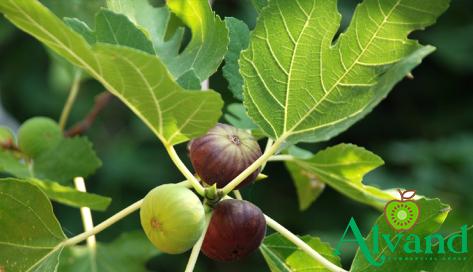
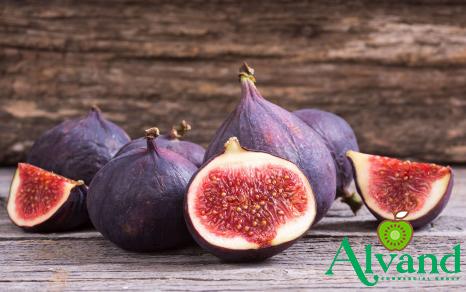
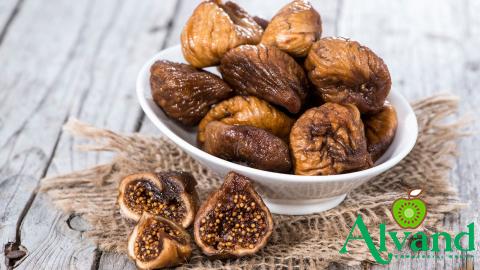
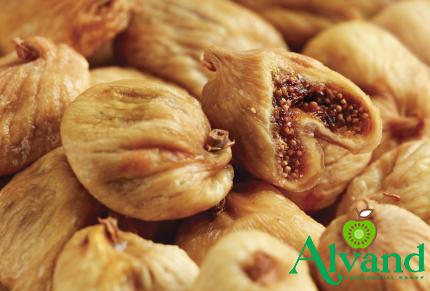
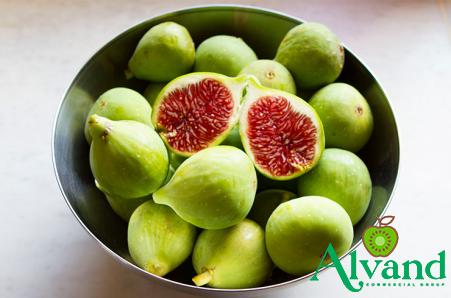
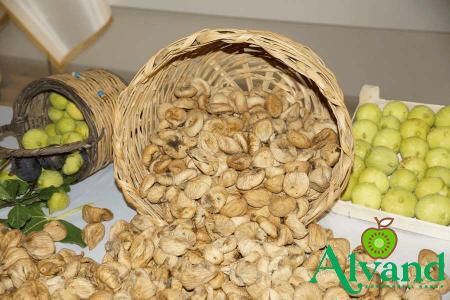
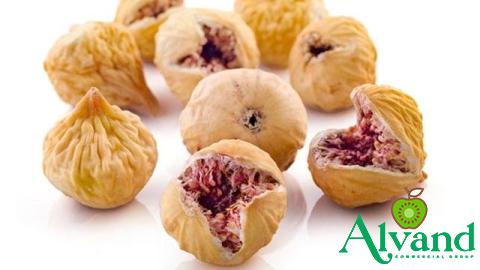
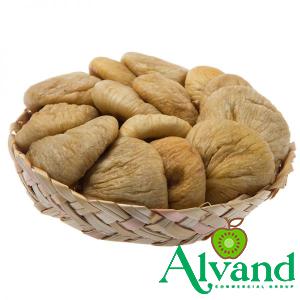
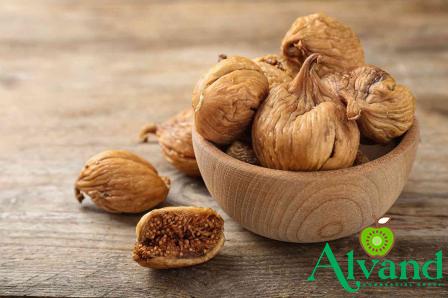
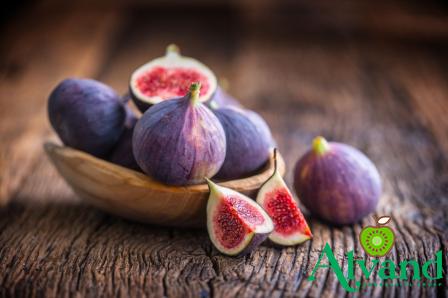
Your comment submitted.